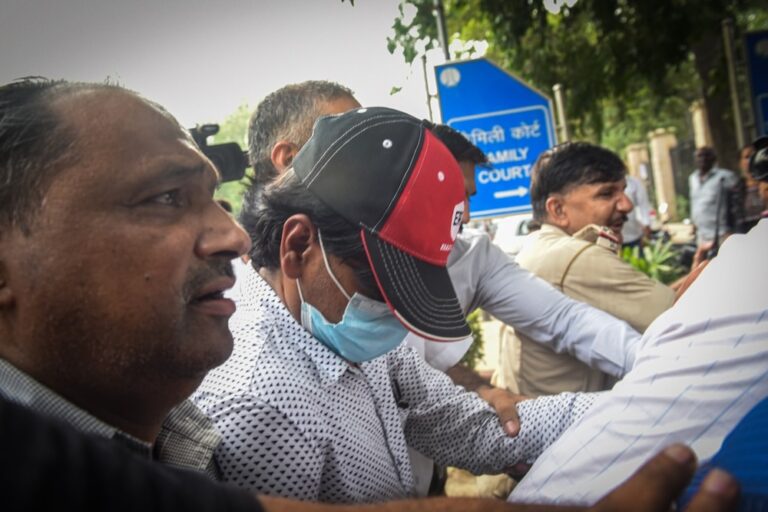(ARTICLE 19/IFEX) – The following is a 12 December 2000 ARTICLE 19 letter to Indian members of parliament. It makes recommendations for bringing the Freedom of Information Bill in line with international standards: Members of the Standing Committee on Home Affairs New Delhi, India 12 December 2000 Dear Committee Member ARTICLE 19, The Global Campaign […]
(ARTICLE 19/IFEX) – The following is a 12 December 2000 ARTICLE 19 letter to Indian members of parliament. It makes recommendations for bringing the Freedom of Information Bill in line with international standards:
Members of the Standing Committee on Home Affairs
New Delhi, India
12 December 2000
Dear Committee Member
ARTICLE 19, The Global Campaign for Free Expression, is an international human rights organization based in London with expertise in freedom of expression, including freedom of information. We are writing to you to provide our comments on the Indian Freedom of Information Bill, 2000, which is currently before Parliament.
For your interest, we enclose our Memorandum on the Indian Freedom of Information Bill, 2000, which provides a detailed look at how the Bill could be improved to protect and promote effectively the public’s right to know in India. I am also sending you our most important publication in the area of freedom of information, The Public’s Right to Know: Principles on Freedom of Information Legislation, which sets out principles based on international and comparative best practice. You can find other publications on this issue on our website, www.article19.org http://www.article19.org
ARTICLE 19 believes that the Indian Freedom of Information Bill is positive in many areas but at the same time we are concerned that it fails to meet international standards in a number of areas. Its ability to effectively guarantee the public’s right to know is particularly affected by flaws in two crucial areas, as follows:
* The Bill fails to provide for an independent review of refusals to disclose information, either by an independent administrative body or by the courts. This means that decisions on whether or not to release information rest entirely within government.
* A blanket exclusion of key intelligence and security organisations and an excessively broad regime of exemptions significantly undermine the potential for the Bill to promote the public’s right to know. The lack of a public interest override for these exclusions and exemptions further undermines the Bill.
We hope that you will use your influence in the Standing Committee on Home Affairs to ensure that the Bill is amended to meet the highest international standards. Please do not hesitate to contact us if you have any questions on our submission or related matters.
Yours sincerely,
Toby Mendel
Head of Law Programme
ARTICLE 19’s analysis of the FoI Bill is at www.article19.org/docimages/883.htm
Our Principles on Freedom of Information are at www.article19.org/docimages/512.htm


